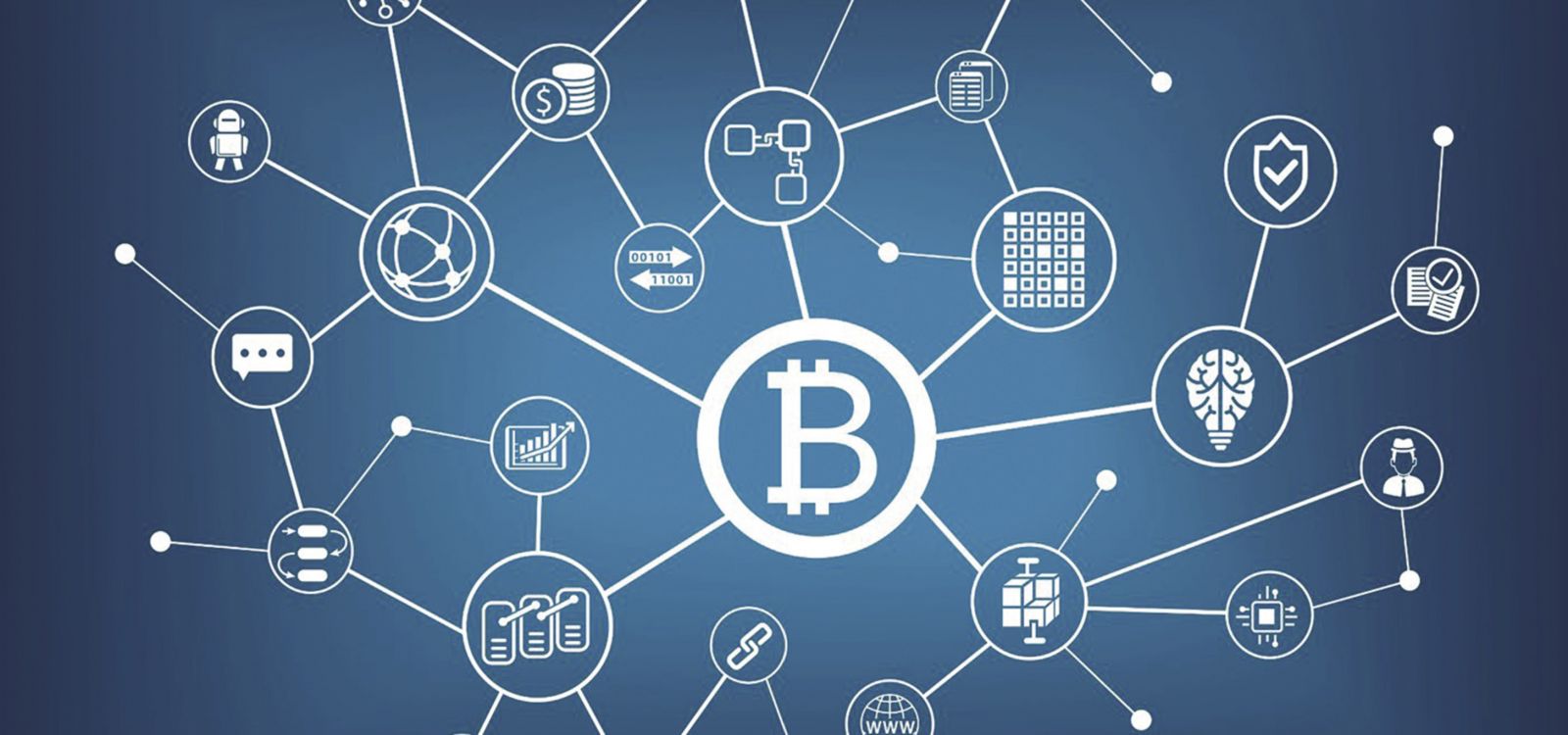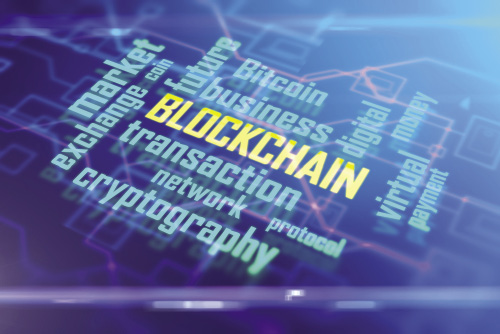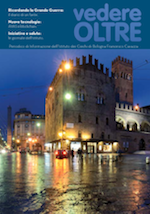"So, are you selling the bike or not?" asks Carlo entering the bar and turning towards Marco, who is seated at the counter trying to attract the attention of Antonio the bartender. "Can you make another coffee for me?" asks Marco. Turning back to Carlo: "Come and get it when you want, it's there waiting for you." "What bicycle are you talking about? asks Antonio, coming closer to the espresso machine to make Marco's coffee. "The blue one who already promised Angela?"
This scene happens every day in any bar in any Italian town where social network was already a reality in the second half of the 20th century. The Internet has taken everything from the world of atoms and has brought its wealth into the virtual communities where boundaries are no longer determined by geography but by relationships between people who know each other, work and live together. I will not dwell on these issues. They are those we now know, the social network bringing us from an information society to the Internet of participation and sharing in augmented reality for the Internet of Things. But today there is something more in the social network: the Internet of Value.
 They are links between people, links that are not the www of the Web, but memories, knowledge, opinions or prejudices that, like in our neighbourhood bar, make scamming more difficult and certifying the credit that each member of the group has in the micro community they live every day. Blockchain is exactly this: mathematically sophisticated cryptographic technologies that create registers, databases distributed with the same flexibility as that of Antonio but not among the hundred patrons of a bar but rather a few million users that revolve around a process of purchase, certification or evaluation of goods or services. As well as in the bar, even in the blockchain world, Carlo will pick up his bicycle without moving a penny but based on a credit imprinted on the bartender's memory or in the blockchain network. What is really moved around is not money, it is a credit equal to the value that the community gives to the blue bicycle that perhaps will never translate into money but in other services that Marco will get from Carlo thanks to the structure of trust guaranteed by the bartender in charge of keeping the information. Around this value Internet has also managed to find a unit of measurement: bitcoins or cryptocurrency is like money, from a measure for the exchange of goods it has become itself merchandise. With bitcoins even "trust" becomes merchandise but the visibility that is conferred by social networks and the guarantee of blockchains, unreachable by financial credit control mechanisms, make that a powerful and dangerous tool.
They are links between people, links that are not the www of the Web, but memories, knowledge, opinions or prejudices that, like in our neighbourhood bar, make scamming more difficult and certifying the credit that each member of the group has in the micro community they live every day. Blockchain is exactly this: mathematically sophisticated cryptographic technologies that create registers, databases distributed with the same flexibility as that of Antonio but not among the hundred patrons of a bar but rather a few million users that revolve around a process of purchase, certification or evaluation of goods or services. As well as in the bar, even in the blockchain world, Carlo will pick up his bicycle without moving a penny but based on a credit imprinted on the bartender's memory or in the blockchain network. What is really moved around is not money, it is a credit equal to the value that the community gives to the blue bicycle that perhaps will never translate into money but in other services that Marco will get from Carlo thanks to the structure of trust guaranteed by the bartender in charge of keeping the information. Around this value Internet has also managed to find a unit of measurement: bitcoins or cryptocurrency is like money, from a measure for the exchange of goods it has become itself merchandise. With bitcoins even "trust" becomes merchandise but the visibility that is conferred by social networks and the guarantee of blockchains, unreachable by financial credit control mechanisms, make that a powerful and dangerous tool.

Powerful for credit redistribution and for its speed and flexibility, extremely dangerous as a financial investment. It is not a novelty from the Internet. The wealth of all sovereign states is based on purchases paid by credit rather than actual investment. The richer the countries, the higher their debt is, but it is the trust that others have in their ability to cooperate that represents the only guarantee. Agreements between states are in fact valid only if not disregarded; it is the same with corporate cryptocurrency. Perhaps the best definition of blockchain and bitcoin I have read is found in a story going around in the schools of economics and with which I am ending this article. A tourist enters in a bed and breakfast in a tourist town and asks for a room. "It's 100 euros a night," the innkeeper tells him. The tourist pays and goes up to his room. Promptly the innkeeper takes the 100 euros and rushes to pay the debt he had with the baker. The baker then uses the money to pay his debt with the hairdresser and the hairdresser uses the same money to pay off the debt she had with the innkeeper. After half an hour, the tourist comes down in the reception a bit annoyed. "Give me back my 100 euros! The room is not right!" "Here they are!" says the innkeeper and the tourist leaves without knowing that he has changed the economy of a neighbourhood by eliminating the debt!
All this is made possible only with the trust of people among themselves and by the social ostracism that a betrayal of this trust would involve for the members of the community. Blockchain is the technology that makes it all equally secure in virtual Internet communities and saving time and costs of bureaucracy in mainstream macroeconomic and institutional environments. WIN-WIN: "everyone wins" but... try giving value to it and reselling! Maybe only a "politician" could do it... talking about bitcoins...





.png)